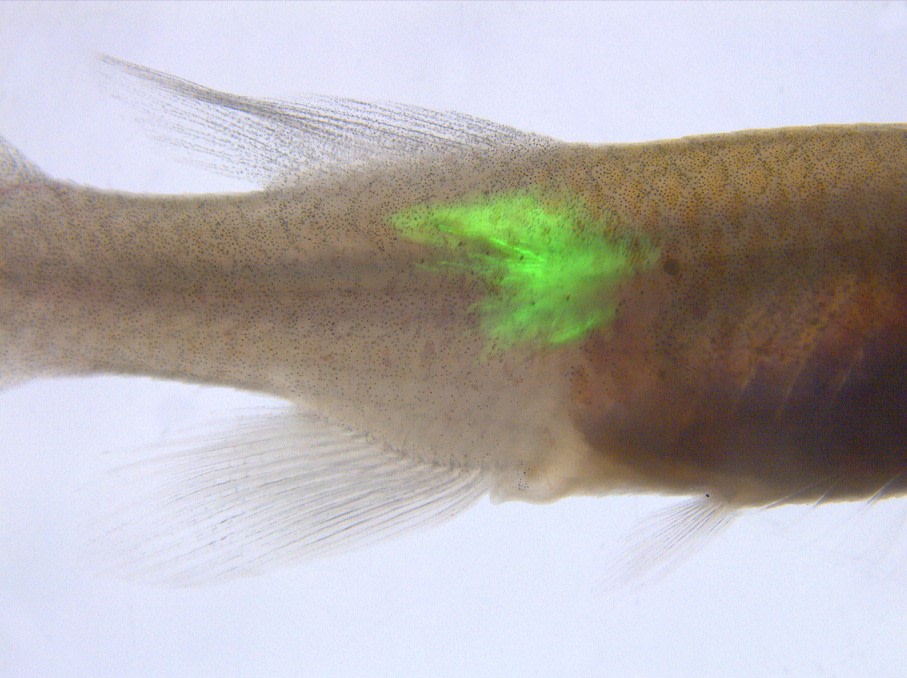Patients who get hormones could in future be treated more successfully
A new, versatile tool from Jerusalem for studying fish hormones could also upgrade fish farming and help animals live longer.
The new study, published in the journal eLife under the title “A scalable and tunable platform for functional interrogation of peptide hormones in fish” presents a “groundbreaking approach” for studying such hormones. This makes it possible to understand how key hormones lose or gain the ability to regulate growth, reproduction, metabolism, and aging in creatures that have a spine and a skeleton.

The regulation of these traits often requires precise control of hormone levels across diverse timescales, but the fine-tuning of circulating hormones in live tissue has traditionally been experimentally challenging, they wrote.
The team’s model was the turquoise killifish (Nothobranchius furzeri), which is only about 6.5 centimeters long and lives for just four to nine months. It is often used by scientists to conduct research in aging instead of invertebrates, because the fish have an adaptive immune system of the hypothalamo-pituitary axis. But zebrafish and mice that do have a spine and skeleton live more than three years so their lifespans are not compatible with high-throughput studies.
Since the turquoise killifish is a short-lived vertebrate, it fills an essential gap, provides practical advantages for lifespan and longitudinal experiments, and explains the interplay between genetics and environment during aging.HU geneticist Dr. Itamar Harel, along with doctoral student Eitan Moses and postdoctoral researcher Dr. Roman Franek, has introduced an innovative platform for controlling peptide hormones in fish, providing a fast and effective way to extensively study fish biology. Its potential uses go beyond research and could be implemented in the future in numerous ways benefitting animals and humans.
Peptide hormones from the pituitary gland play a vital role in regulating key life events in vertebrates, such, as mentioned above, growth, reproduction, metabolism, and aging. Precisely controlling hormone levels over various timeframes is crucial for properly managing these traits, but conducting experiments to regulate hormones within living organisms has long been a challenge.
By manipulating three primary pituitary hormones – growth hormone (GH), follicle-stimulating hormone (FSH), and thyroid-stimulating hormone (TSH) – the researchers noted that hormone-deficient fish displayed significant changes in bodily growth and reproduction. These results indicate that, despite the killifish’s unusually fast growth and maturity, it depends on genetic networks shared across vertebrate species.
In the next phase of their research, the scientists devised a system to precisely control the expression of hormones; it attaches a specialized fluorescent marker to them and then introduces these marked hormones into the fish’s body using a technique called intramuscular electroporation.
Remarkably, a single electroporation treatment made it possible for fish with inadequate amounts of hormone to maintain essential traits including reproduction for long periods. The researchers showed the adaptability of their method by combining multiple hormonal interventions, controlling their levels exactly, and regulating hormone activation as needed.
Harel concluded that “our platform opens up new horizons for comprehending the role of peptide hormones in vertebrate biology and provides a powerful tool for researchers in this field. It also holds promise for applications in aquaculture and the exploration of interventions to enhance longevity.”


No comments:
Post a Comment
Stick to the subject, NO religion, or Party politics